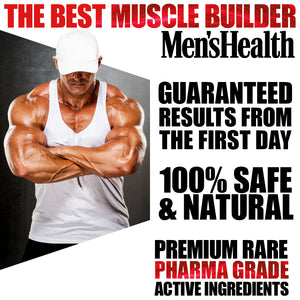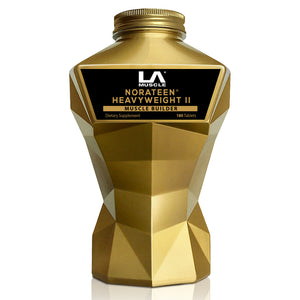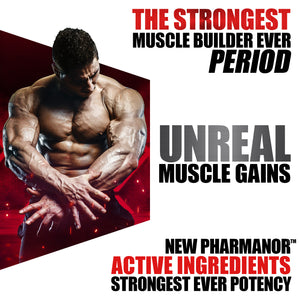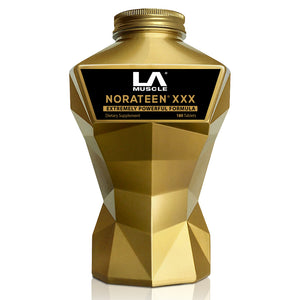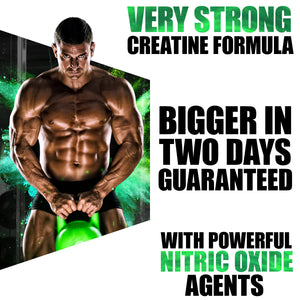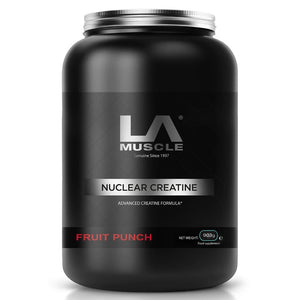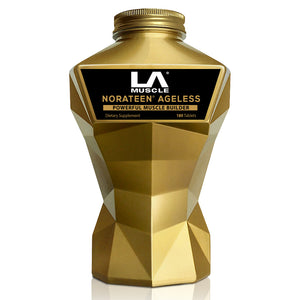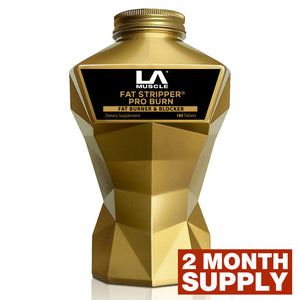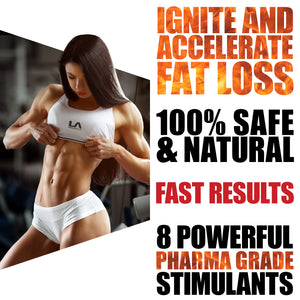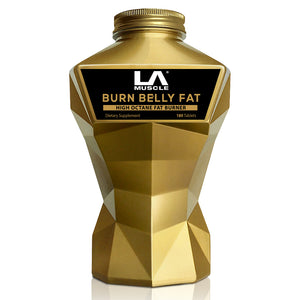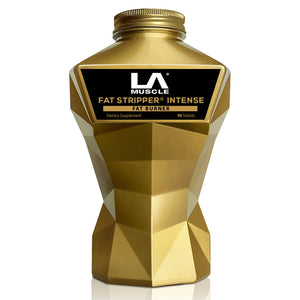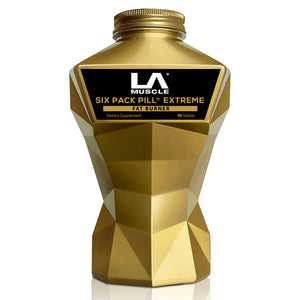
Creatine is a substance that has garnered significant attention in the world of sports nutrition and bodybuilding. Its popularity stems from its ability to enhance physical performance, particularly in high-intensity activities. But what exactly is creatine, how does it work, and what can athletes and bodybuilders expect from its use? This article delves into these questions, offering a comprehensive understanding of creatine.
What is Creatine?
Creatine is a naturally occurring compound found in small amounts in certain foods and synthesized in the human body. It's primarily made in the liver and kidneys from amino acids – arginine, glycine, and methionine. Structurally, it resembles an amino acid, but its function in the body is quite distinct.
Sources of Creatine
While the body produces creatine, dietary sources can also contribute to its levels. Red meat and fish are the primary dietary sources. However, the concentration in these foods is relatively low compared to the amounts used in supplements.
How Does Creatine Work?
Creatine plays a crucial role in the production of adenosine triphosphate (ATP), the primary energy currency of the cell. During high-intensity, short-duration exercises like sprinting or weightlifting, ATP is broken down to release energy. Creatine phosphate in muscle cells donates a phosphate group to ADP (adenosine diphosphate), regenerating ATP and thereby sustaining energy output for a few more seconds.
Creatine and Muscle Cells
When supplemented, creatine increases the phosphocreatine stores in muscles. This enhanced reserve allows athletes to maintain higher intensity exercise for longer periods. Additionally, creatine can draw water into muscle cells, increasing their size and potentially aiding in muscle growth.
Benefits for Athletes and Bodybuilders
1. Enhanced Muscle Mass
Creatine supplementation is often associated with increased muscle mass. This effect is partly due to the increased water content in muscles and potentially due to increased protein synthesis.
2. Improved Strength and Power
Numerous studies have shown that creatine can significantly improve strength and power output during resistance training. This improvement is likely due to the increased availability of ATP.
3. Better High-Intensity Performance
Athletes involved in sports that require bursts of speed or power, like sprinters, football players, or weightlifters, may benefit from creatine's ability to replenish ATP more rapidly.
4. Faster Recovery
Some research suggests that creatine can reduce muscle cell damage and inflammation following exhaustive exercise, leading to quicker recovery.
Safety and Side Effects
Creatine is generally considered safe for most people when used at recommended doses.
Creatine is a well-researched supplement with a proven track record in enhancing athletic performance, particularly in strength and power sports. Its ability to increase ATP production, improve strength, and aid in muscle recovery makes it a popular choice among athletes and bodybuilders. As with any supplement, it's important to use it responsibly and in conjunction with a balanced diet and exercise program.
Best Creatine supplements on the market are Explosive Creatine and for even more gym power and pumps, Nuclear Creatine.


